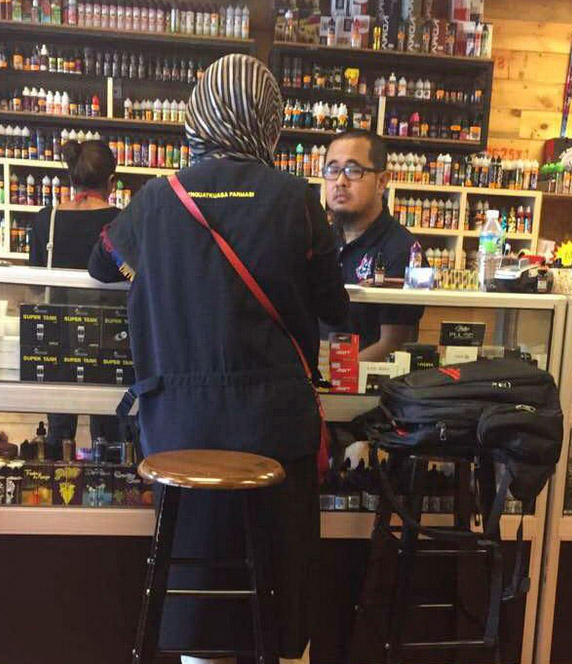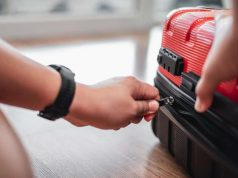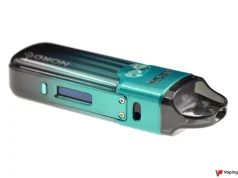A release by E-CigIntelligence who analysed data from over 6 million submissions received by the FDA, highlighted that this analysis shows that there were hundreds more applications for the simpler disposable and cigalike devices, than for open system hardware. These type of products tend to come from large companies such as tobacco manufacturers, while open systems are produced by smaller specialist businesses.
Of some 200 open system brands available today, only about 30 have filed PMTA applications to the FDA. Even if all these are approved, that disparity implies that about 85% of open system hardware brands will soon be removed from the market. “This may indicate the discouragement that non-tobacco companies face when applying for PMTA approval,” said ECigIntelligence managing director Tim Phillips.
Forced closures
Meanwhile, a renowned and well meaning vape shop owner, has been forced to close her small family run business. Skip Murray, a passionate vape advocate and former smoker who managed to quit smoking thanks to e-cigarettes, alongside her son, has been forced to close down her small vape shop, Lakes Vape and Rec Supply in Brainerd, Minnesota.
Filter revealed that Murray has updated a Twitter thread every time a vape shop closed down. Sadly, on December 31st, she added her own. Given the smoking cessation success her son and herself experienced via vaping, Murrey tried to remain optimistic. “Realistically, I knew this was going to happen,” she said as quoted by Filter. “But I kept hoping that something—something—would change. I was holding out hope that the world would come to its senses.”
The PMTA requirements are unattainable
To the surprise of many, Avail Vapor which is actually a major brand has also decided to close shop and has been dismantling its business to avoid disaster. AVAIL Vapor LLC’s specialized brick-and-mortar shops and website, were started by James Xu in 2013 and grew to over 100 retail stores in 12 states, 400 employees and a manufacturing facility in Chesterfield County. However, given the current hostile regulatory environment, Xu saw that the brand was entering 2022 with essentially “zero” business, hence decided to dismantle everything. “Right now, we are unwinding everything,” said Xu as quoted by The News and Advance.
The founder explained that like other vape businesses, the brand is finding it impossible to meet the FDA’s unrealistic regulatory requirements. “Under this environment, we cannot operate a legitimate business,” Xu said. “Our biggest problem was we tried to believe in the FDA – that one day it would regulate this market with common sense.”












